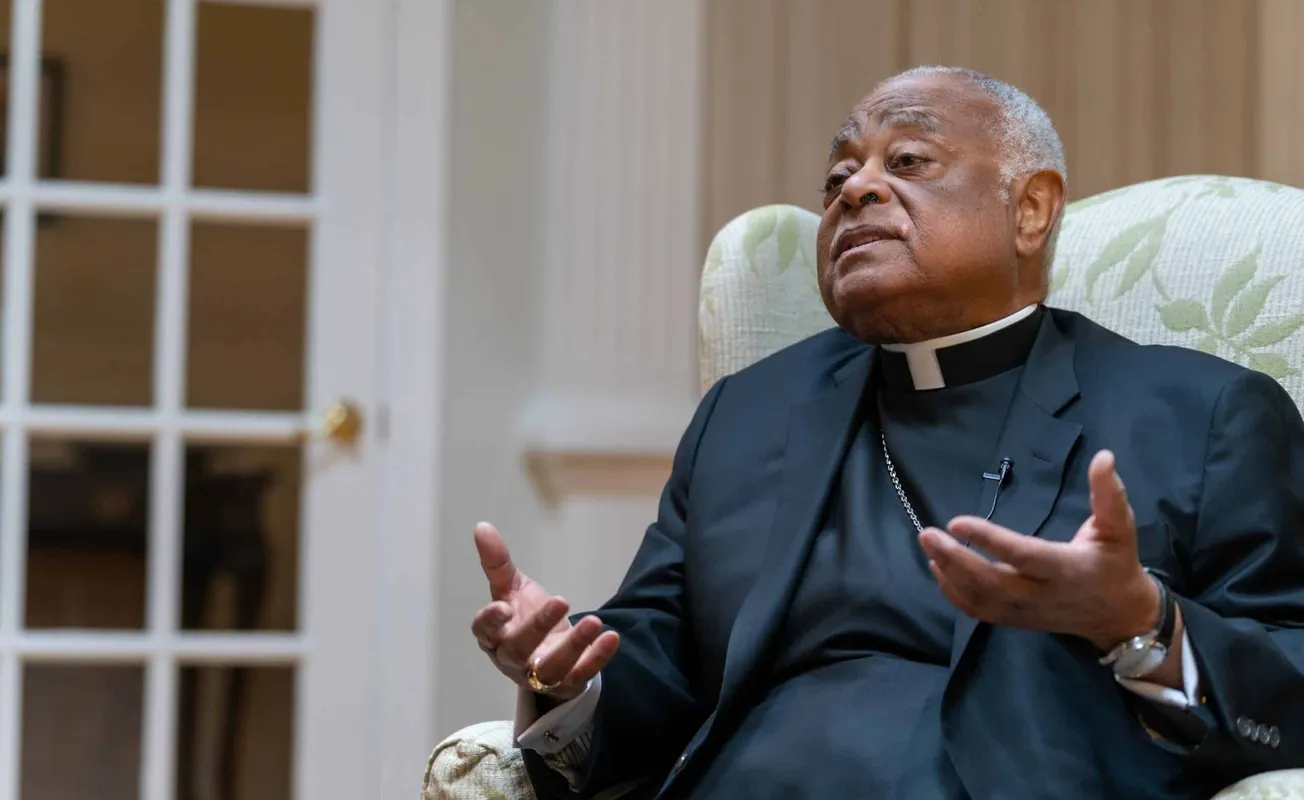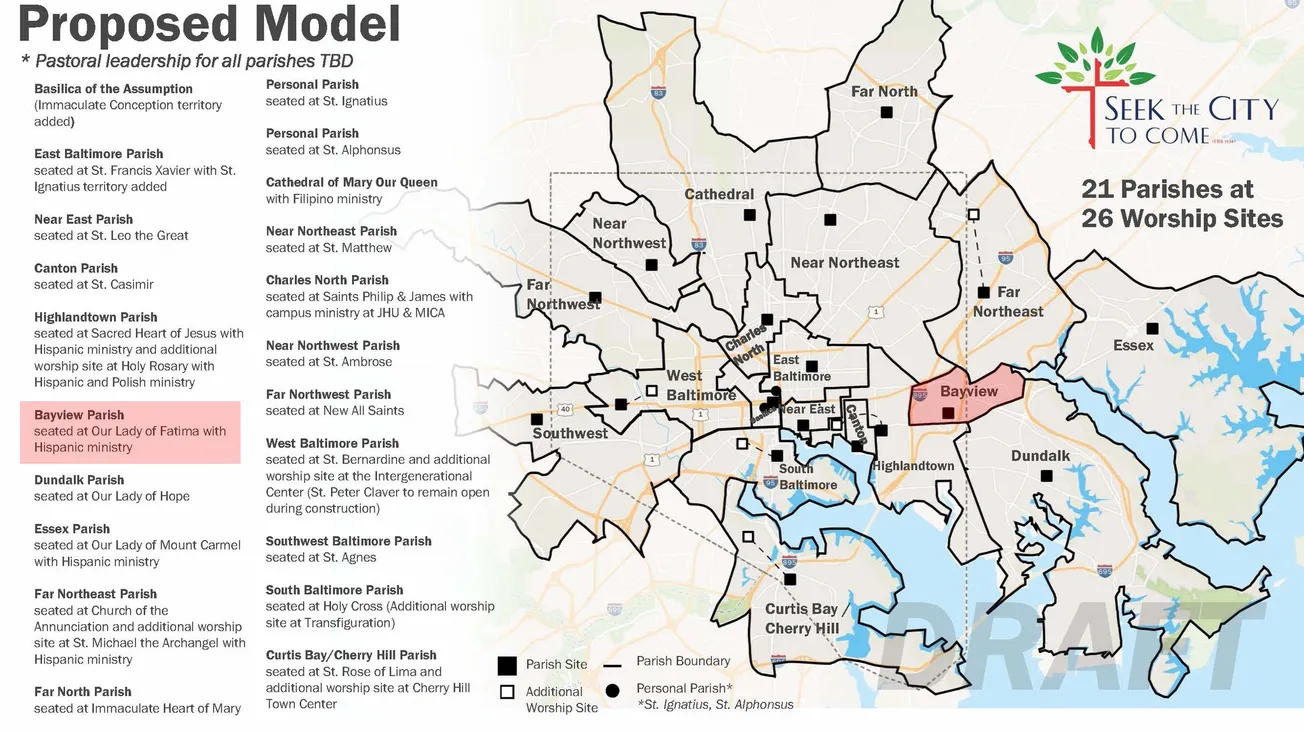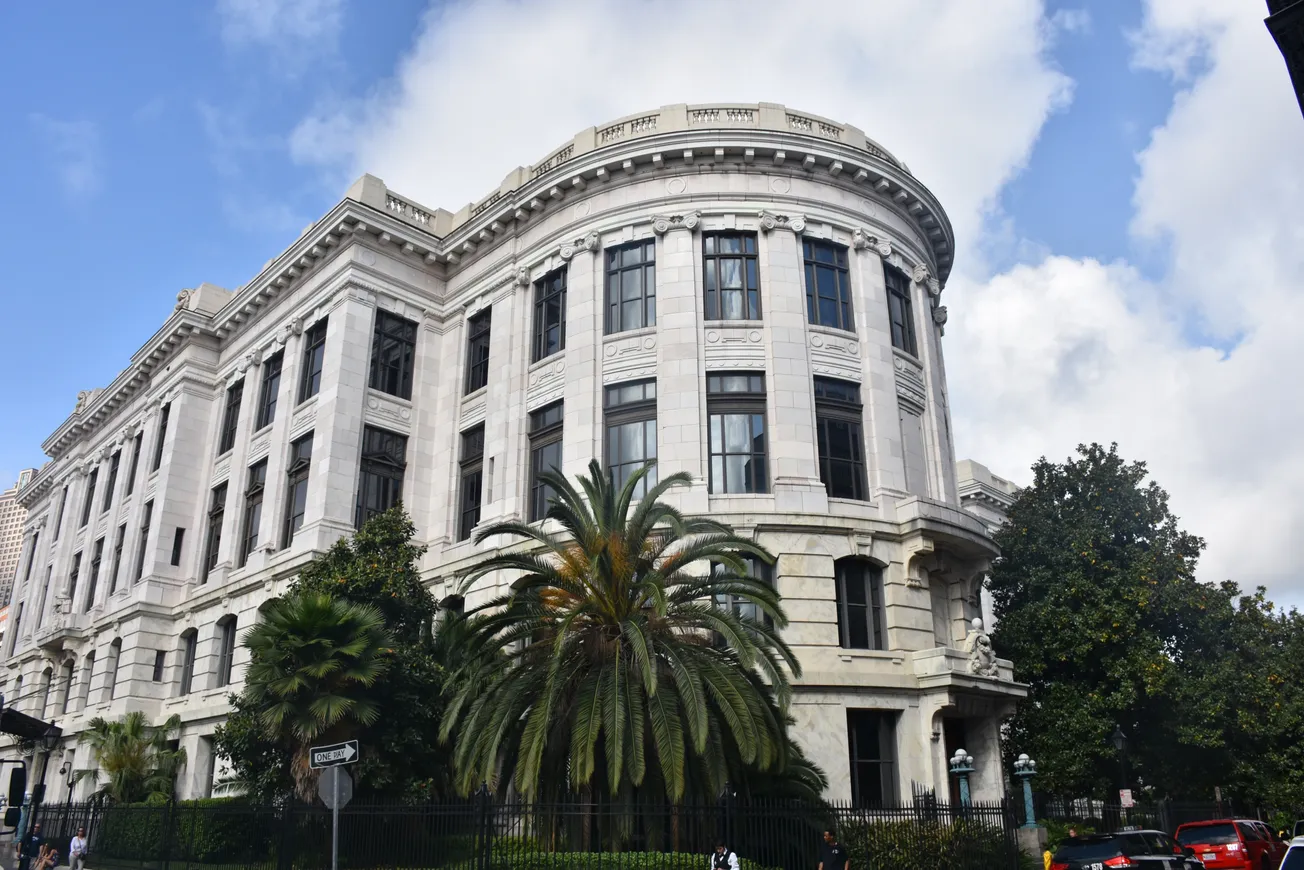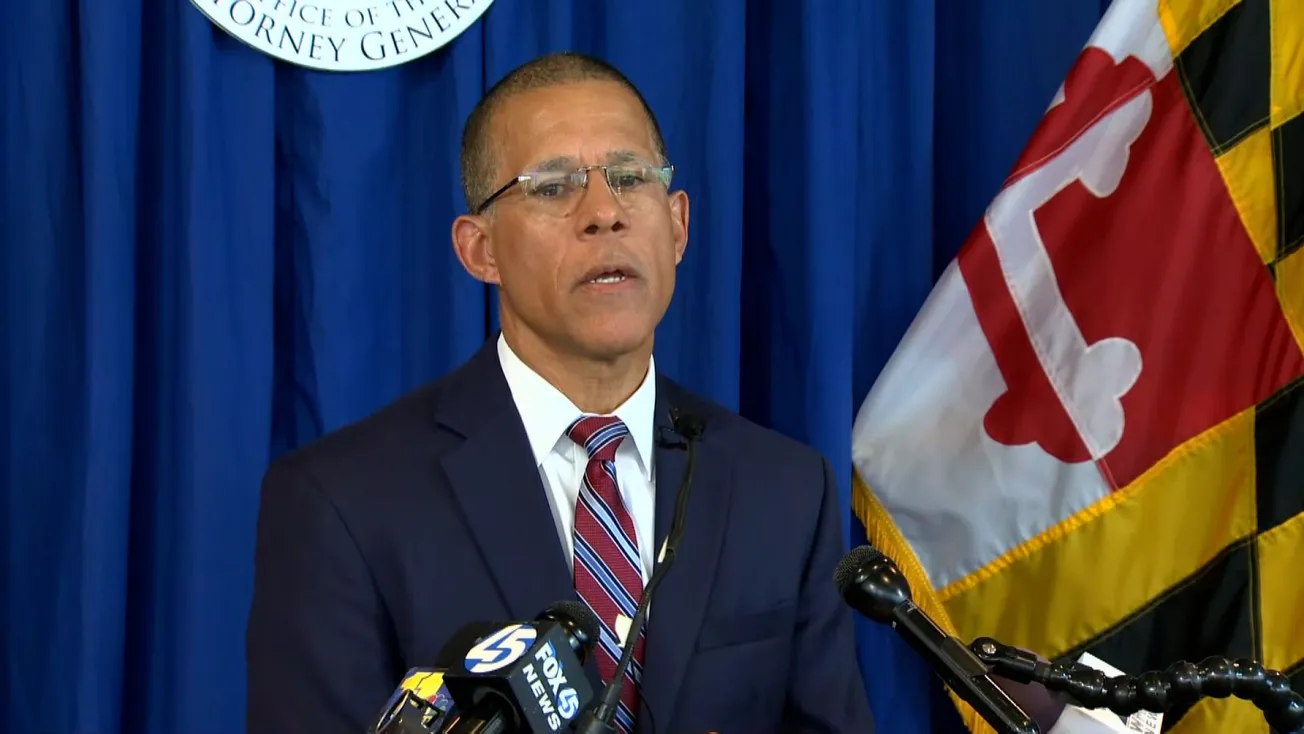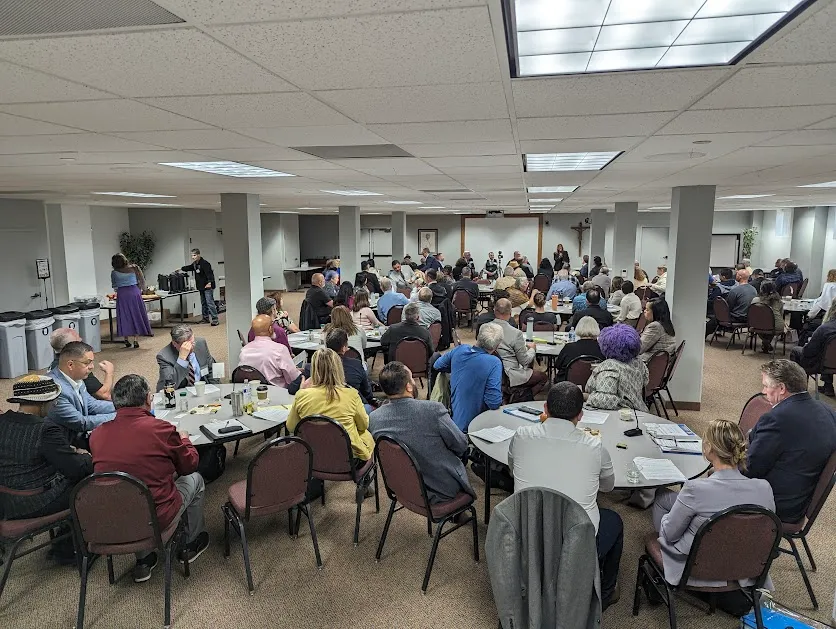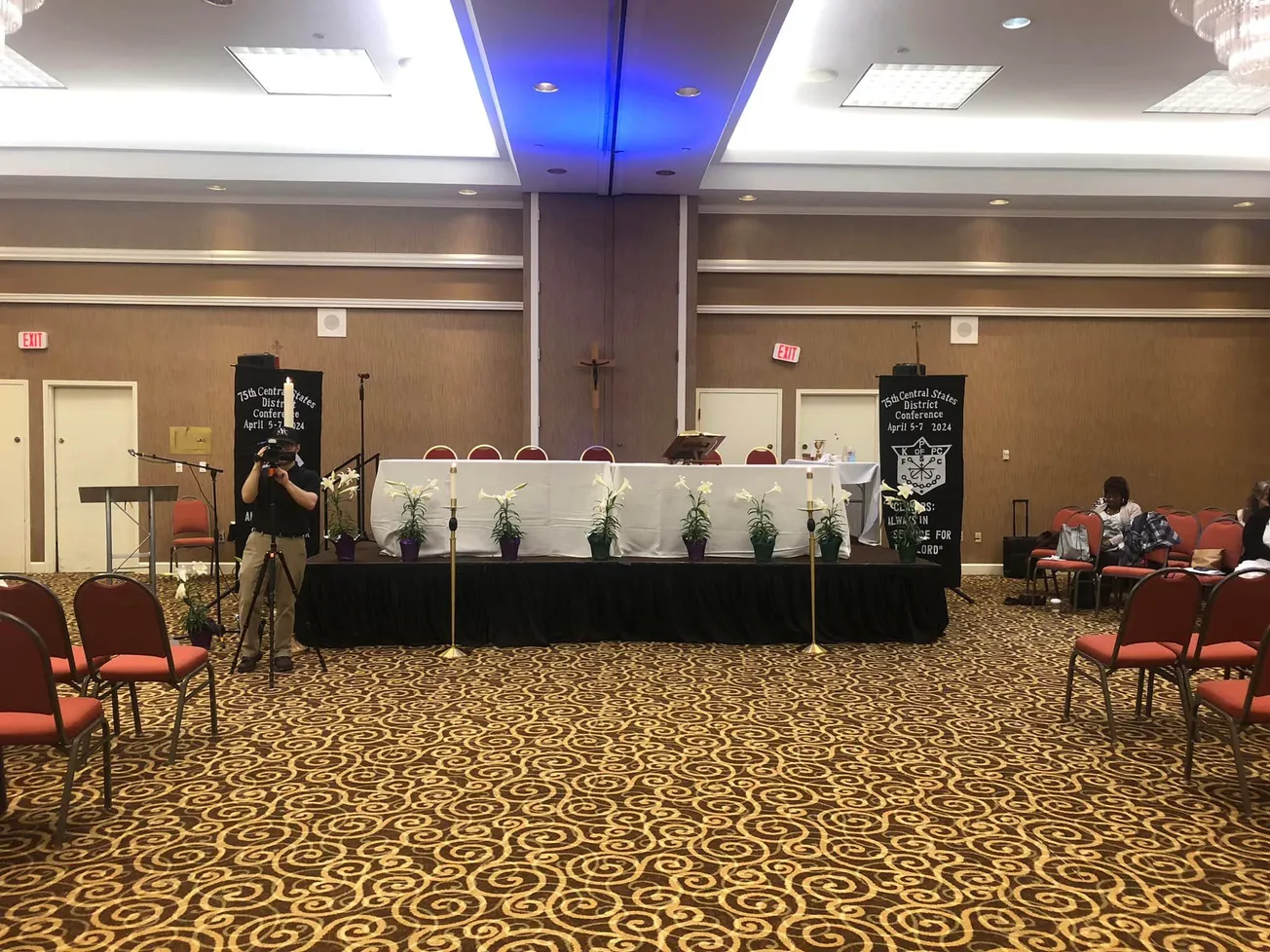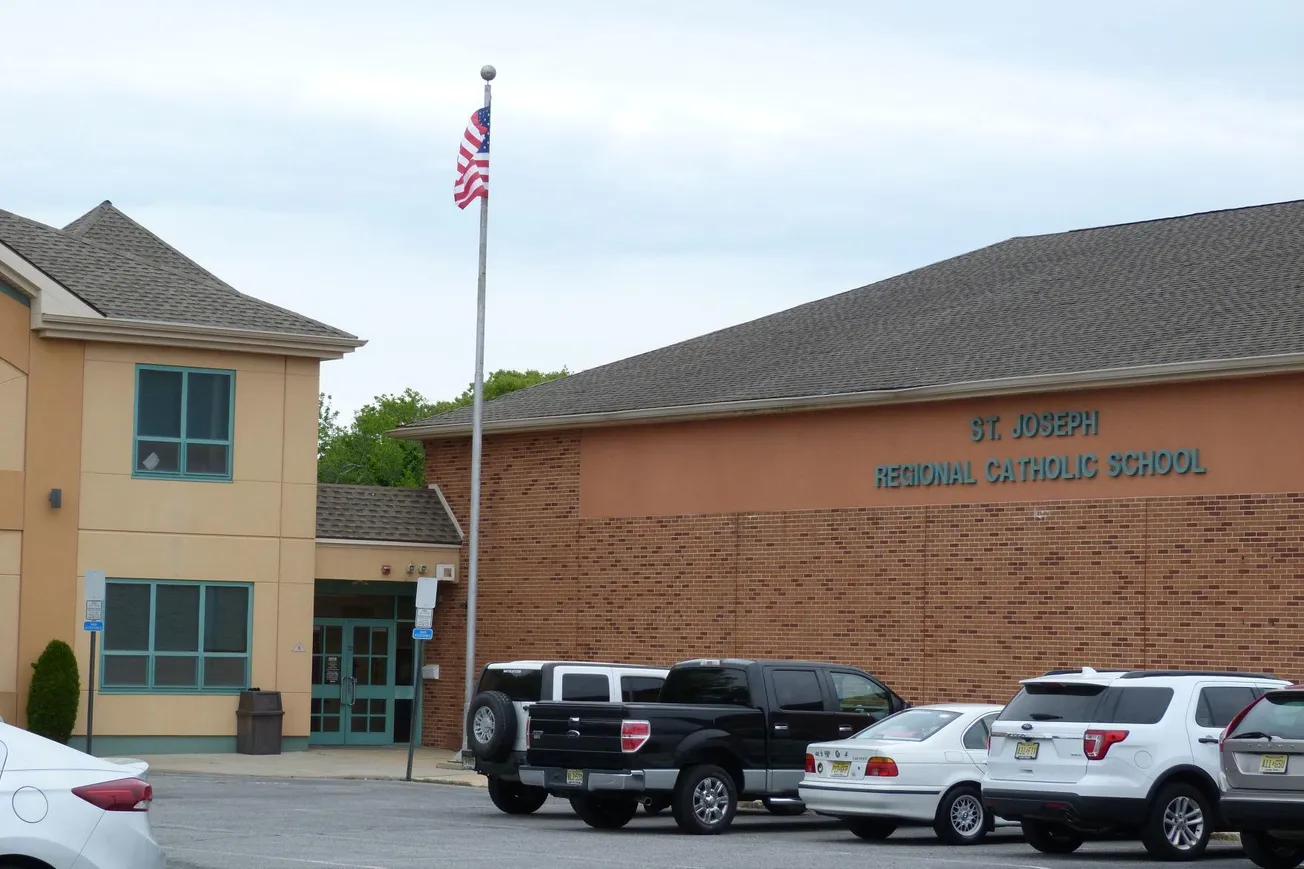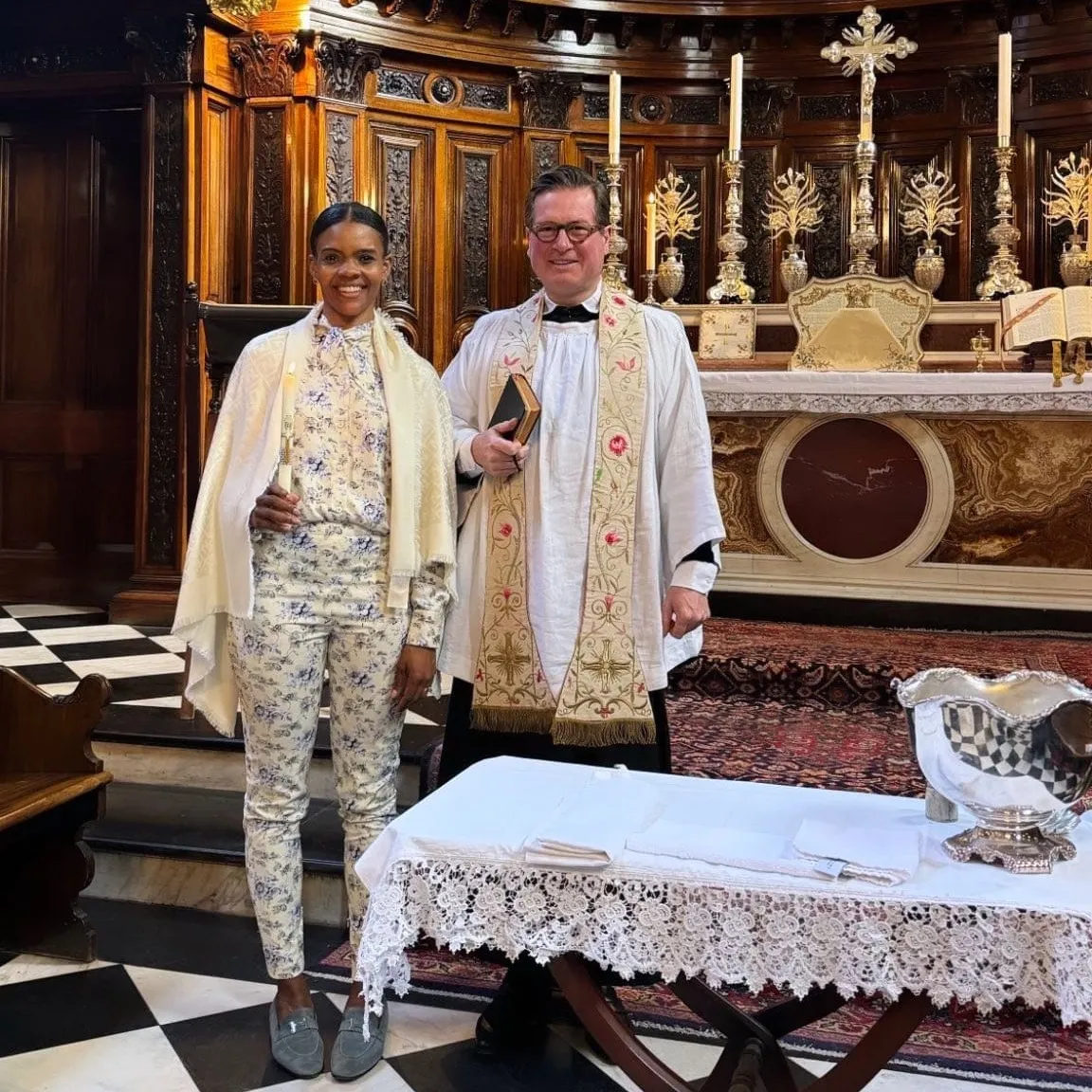by Kate Ryan for WTOP and Maryland Matters
A Maryland law that did away with time limits for legal action by survivors of childhood sexual abuse is being challenged by the Archdiocese of Washington.
The Maryland Child Victims Act passed in the state’s General Assembly and went into effect on Oct. 1. The bill was a yearslong effort by advocates for survivors who worked for the passage of similar measures in Annapolis.
Previously, Maryland’s law allowed victims to take legal action until they turned 38 years old. After that point, something called the “statute of repose” would extend immunity to potential defendants.
When asked about the Washington Archdiocese’s challenge to the Maryland Child Victims Act, Teresa Lancaster, an attorney and a survivor of clergy abuse, told WTOP, “I’m not surprised; I don’t think any of us are surprised.”
During the debate on the new legislation in the General Assembly, the question of possible constitutional challenges had come up.
Jonathan Schochor, chairman of the law firm Schochor, Staton, Goldberg and Cardea, also said he’s not surprised by the move. But he added, “I speak for the survivors in saying I fervently believe this is a constitutional law” and that he fully expects the case to go to Maryland’s Supreme Court.
Schochor represents dozens of survivors of sexual abuse, and most of those cases involve claims against the church.
When lawmakers proposed the 2023 measure doing away with the statute of limitations, Maryland Attorney General Anthony Brown wrote that the Child Victims Act “is not clearly unconstitutional.”
He added in his letter to lawmakers, he added, “I am comfortable defending the legislation should it be challenged in court.”
In legal documents filed by the Archdiocese of Washington, attorneys refer to a 2017 law that included a “statute of repose,” a form of immunity extended to “non-perpetrator defendants.”
In the recent court filing challenging the Maryland Child Victims Act, attorneys for the archdiocese argued that the protections provided by the statute of repose “by its very nature, cannot be retroactively ‘repealed’ and the legislature’s effort to do so was a clear violation of the due process” provided under the state’s constitution.
Schochor argues that “statutes of repose” are typically connected to cases involving things like product liability and construction law. He also argued their use is exceedingly rare.
The Archdiocese of Washington issued a statement saying that it’s “asserting its legal defenses in the cases filed against it.”
“We remain committed, however, to our long-standing efforts to bring healing to survivors through pastoral care and other forms of assistance that are available apart from the legal process. We are also committed to maintaining our robust safe environment policies that have been in place for decades to ensure the protection of all those who are entrusted to our care.”
On Dec. 8, plaintiffs in the case filed their opposition to the archdiocese's motion to dismiss and requested a hearing.
“Vested rights, if they were to exist here, are not immune from revision, as compelling reasons exist to overcome any asserted rights of the Defendant in this instance,” the plaintiffs argued.
“And even if recast as a statute of repose, the 2017 law does not immunize the Archdiocese, as it provides no defense to the Archdiocese’s longstanding and extensive cover-up perpetuated to this day. That fraudulent concealment renders the allegations well within any statute of repose.”
Days before the Maryland Child Victims Act went into effect, the Archdiocese of Baltimore filed for bankruptcy, an action that put the brakes on the expected flood of civil cases against the Church.
The attempt to block what has been seen as landmark legislation by advocates and survivors of child sexual abuse, particularly those with claims against the Church, has been “devastating” to survivors, said Schochor. He called the church’s actions “a betrayal of trust.”
Lancaster said, “We’re just going to have to fight a little bit longer.”
She added that when she talks to fellow abuse survivors about the challenges to their legal claims, she tells them, “You cannot let it beat you down. You have to keep coming up and you have to keep fighting.”
Originally published as part of Maryland Matters’ content sharing agreement with WTOP. Click here for the WTOP News website.
Maryland Matters is part of States Newsroom, a network of news bureaus supported by grants and a coalition of donors as a 501c(3) public charity. Maryland Matters maintains editorial independence. Contact Editor Danielle Gaines for questions: dgaines@marylandmatters.org. Follow Maryland Matters on Facebook and Twitter.


